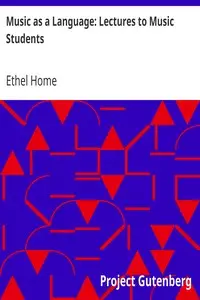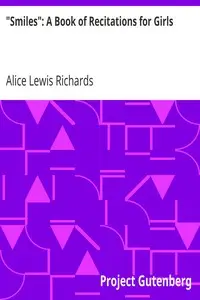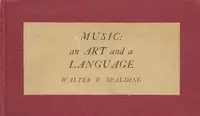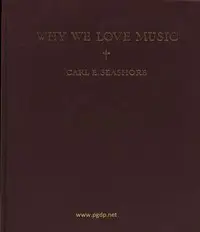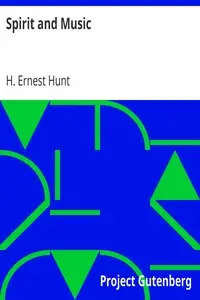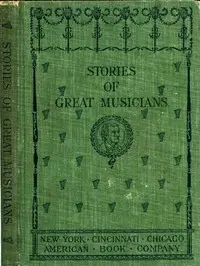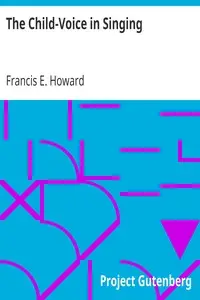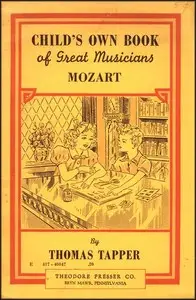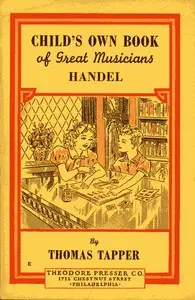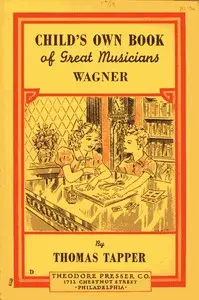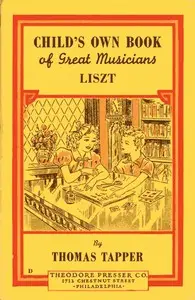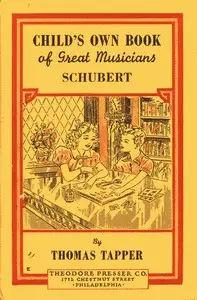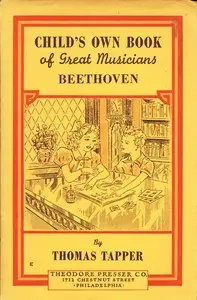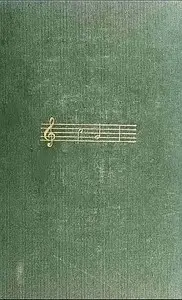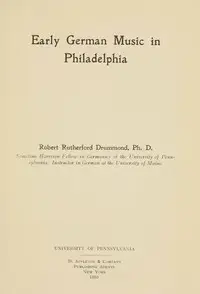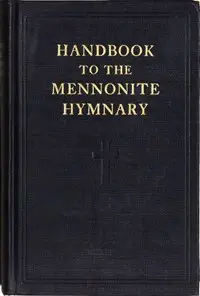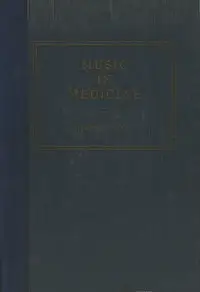"Music Talks with Children" by Thomas Tapper is a book designed to introduce kids to the wonderful world of music by talking about feelings, importance, and beauty. Instead of just memorizing notes, kids find true enjoyment. The book emphasizes the meaning of joy, order, and community, and the author believes that kids can understand music if they are taught correctly. Starting with their first discovery of melody to struggles in education, the book uses discussions between a teacher and a child to show that real musical appreciation comes from the heart, not just the head. The goal is to help kids see music as a source of happiness inside themselves. Furthermore, the author highlights that hard work, helping others, and finding happiness is all found in music, framing these conversations in the way of growing as a person and finding emotions.
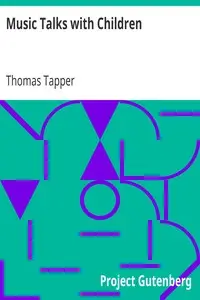
Music Talks with Children
By Thomas Tapper
Discover a world where youthful discovery meets the profound depths of musical appreciation, revealing the transformative power of harmony.
Summary
About the AuthorThomas Tapper was a musician, composer, lecturer, writer, teacher, and editor, who was born in Canton, Massachusetts, and studied music at the American College of Musicians. He wrote many books on music, mostly for children and young adults. His most famous being Lives of Great Composers picture book series. He also wrote the First Year Series for musical instruction, which included First Year Musical Theory, First Year Counterpoint, First Year Harmony, Second Year harmony, First Year Analysis, and First Year Melody Writing. He was the editor of "The Musician," and promoted rural music and community music. Tapper also promoted rote learning in the rote-note controversy of the late 19th Century music education. His students included Isabel Stewart North and Carrie Burpee Shaw.
Thomas Tapper was a musician, composer, lecturer, writer, teacher, and editor, who was born in Canton, Massachusetts, and studied music at the American College of Musicians. He wrote many books on music, mostly for children and young adults. His most famous being Lives of Great Composers picture book series. He also wrote the First Year Series for musical instruction, which included First Year Musical Theory, First Year Counterpoint, First Year Harmony, Second Year harmony, First Year Analysis, and First Year Melody Writing. He was the editor of "The Musician," and promoted rural music and community music. Tapper also promoted rote learning in the rote-note controversy of the late 19th Century music education. His students included Isabel Stewart North and Carrie Burpee Shaw.

